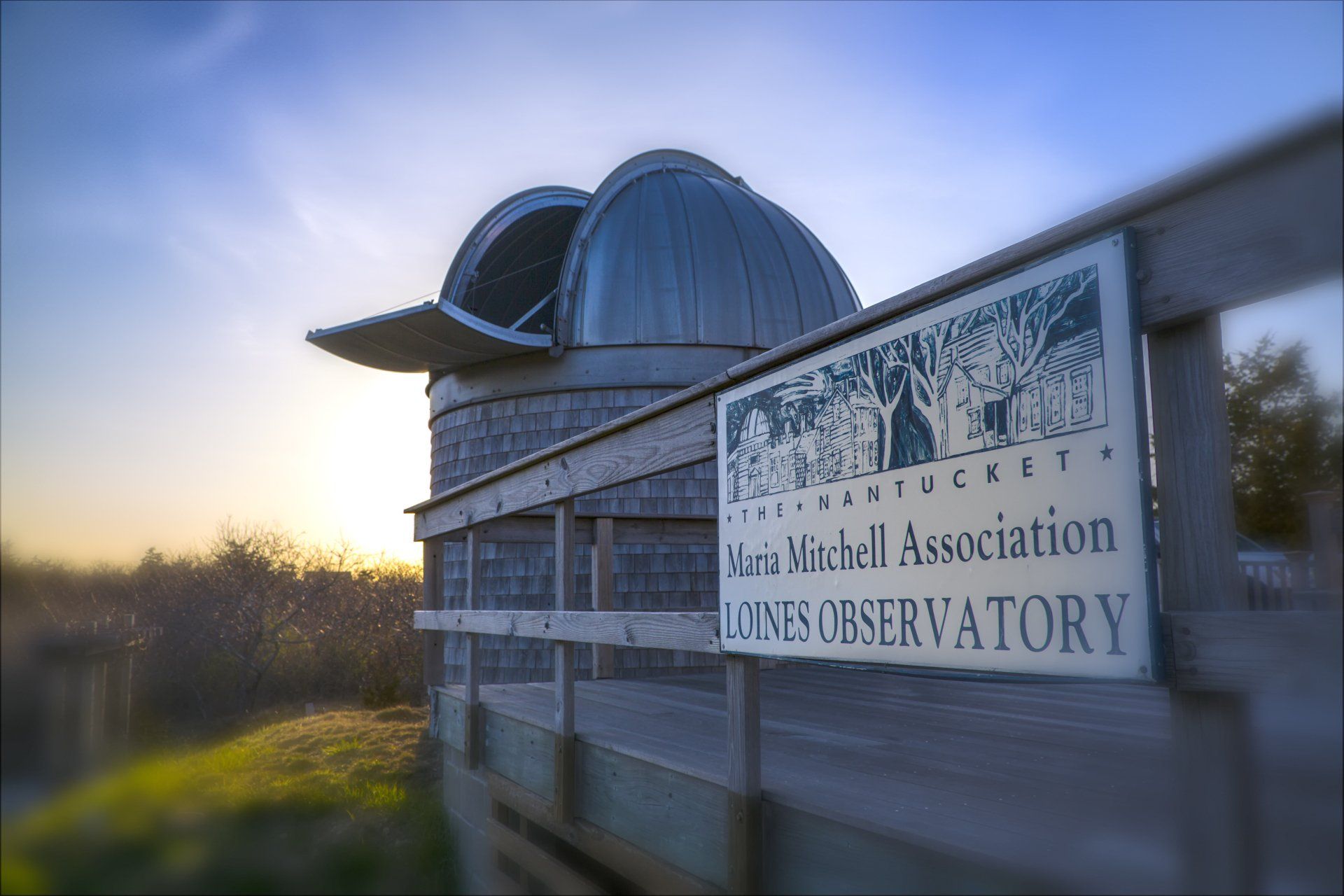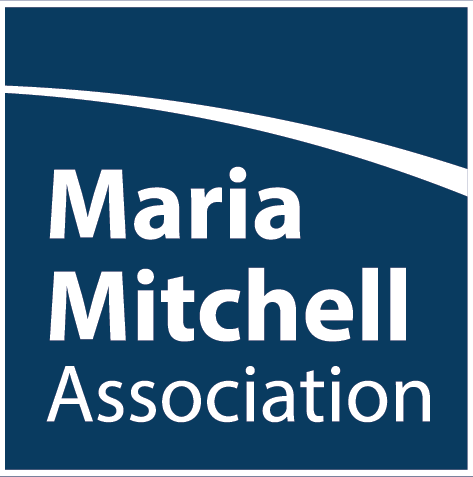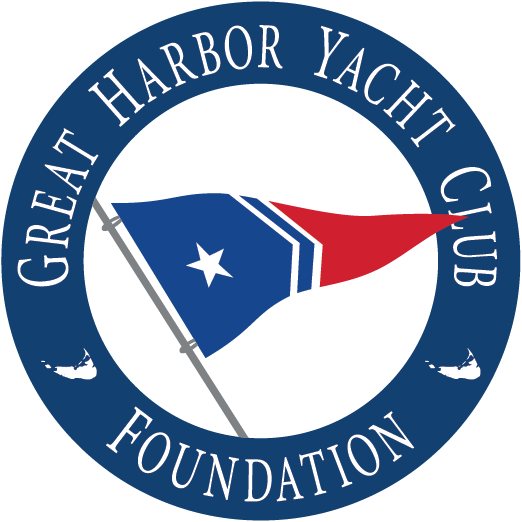Maria Mitchell Association
Harbor Monitoring Project
Monitoring water quality parameters
to better understand the health
of Nantucket Harbor
In response to an existing data gap, a YSI EMM-700 Bay Buoy was deployed in August 2024 at the mouth of Nantucket Harbor. Of particular interest were dissolved oxygen, dissolved nitrates, pH and algae levels, as there has been no real-time, continuous data collection for these parameters. All sensors are maintained automatically by a self-cleaning wiper system that prevents biofouling and allows for long-term deployment. The buoy is equipped with a set of solar panels which recharge the central battery and can extend sampling periods to several months. Data is collected and transmitted via cellular uplink every 15 minutes, making the information available in nearly real-time to our team and the general public.
MMA's Harbor Monitoring Project
The MMA's Harbor Monitoring Project seeks to better prepare our community to detect and respond to water quality changes by expanding our understanding through direct Nantucket Harbor research and interdisciplinary collaborations on data analysis. This project is collecting and publishing a continuous data stream on seawater acidity (pH), dissolved oxygen, temperature, total algae, dissolved nitrates, and salinity (conductivity). These parameters will provide the public and cross-agency decision makers, with essential, real-time information for more effective conservation, mitigation, restoration, and management of critical habitats and the valuable commercial and recreational fisheries that depend on them. Until now, there has been a data collection gap that the MMA hopes to fill through this continuous monitoring project.
Beyond pH changes, understanding the impact of nutrient loading is crucial to understanding the health of the harbor and mitigating perilous effects on the eelgrass and bay scallop. By receiving constant real-time data, we can observe how the water chemistry fluctuates related to short-term occurrences, such as runoff events, and long-term occurrences, such as weather trends, and analyze the effects those fluctuations may have on Nantucket’s sea life. In our mission to better understand water quality variances in Nantucket Harbor, we deployed a state of the art monitoring buoy which was specially-chosen to be deployed in the Nantucket marine ecosystem and environmental conditions. This data will create the "Mitchell Curve," a long-term, permanent data record of water quality in Nantucket Harbor.
Why Nantucket Harbor?
It is important to understand how the chemistry of the Nantucket harbor is changing during both short- and long-term tidal intervals, so that we can better comprehend the anthropogenic impacts. Due to its unique geographic, hydrographic, ecologic, and cultural setting, Nantucket harbor has one of the last remaining healthy eelgrass (Z. marina) beds in New England. The shape of Nantucket Harbor forces incoming sea water to pass over the eelgrass beds, which sequester the water’s carbon dioxide. Seagrasses can consume more carbon dioxide per acre than rainforests, and noticeably lower the acidity of the water around them. We believe that the confluence of these factors also makes Nantucket Harbor one of the best locations to investigate the impacts of healthy eelgrass on the commercially valuable Nantucket bay scallop (A. irradians).
Changes in water quality are affecting the entire world's oceans including coastal waterways like Nantucket Harbor and other surrounding bodies of water. Nantucket may become a sanctuary with healthy water quality in the future, benefiting a wide range of ocean life. Young shellfish shells can dissolve in acidic water, and large fish may become stressed and unhealthy. Even naturally decomposing shells are beneficial to water quality, releasing basic calcium carbonate that lowers the acidity of the ocean. Many global economies are dependent on fish, shellfish, and other food from the ocean as a primary protein source. Nantucket island's waters is home to the last remaining commercially viable scallop fishery in the world.
The sampled water quality parameters include:
pH
Temperature
Total Algae
Dissolved Oxygen and Nitrates
Project Supporters
The MMA recently launched its Harbor Monitoring Project, made possible by the generous funding from the Remain Nantucket Fund at the Community Foundation for Nantucket, Great Harbor Yacht Club Foundation, Osceola Foundation, Sociable Weaver Foundation, and through collaboration with the Town of Nantucket's Harbormaster.





